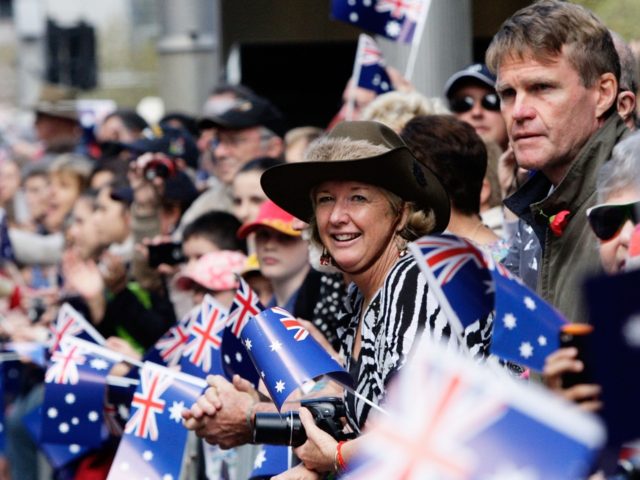Australia’s Department of Home Affairs has declared social cohesion must be at the forefront of any future decisions on migrant intakes. This includes cautioning migrants they must fully embrace Australian values, including learning English, while pledging allegiance to the country that will be their new home.
In a lengthy submission to a parliamentary inquiry on nationhood underway in the national capital Canberra, the department detailed new challenges to social cohesion including foreign interference, fake news and the use of digital platforms to recruit potential terrorists.
“Australia is not exempt from these global trends,” it said, as SBS reports.
“Recent global events, such as the 2019 Christchurch terrorist attacks, have heightened the need for Australia and international partners to be proactive in anticipating and responding to emerging challenges.”
The submission suggests social cohesion has remained relatively strong – in part due to Australia’s carefully managed migration system – while outlining Australian citizenship was the common bond that unites all Australians.
New migrants were encouraged to be “fully integrated members” of society, while practising cultural traditions within the law.
“The Australian community expects that aspiring citizens demonstrate their allegiance to Australia,” the submission says.
The submission ranked English language acquisition, participation in the social and economic life of the nation, and understanding democratic institutions as key indicators of integration.
“English language proficiency is a key contributor to better employment and educational outcomes, social participation levels, and helps provide an overall sense of belonging to the Australian community.”
Australia has one of the largest and most generous migration programs in the world but it has not been without its detractors.
The country’s current population growth is the largest it has experienced since colonisation.
In 1981 the Australian population was around 14.9 million people. By June 2018 it had reached 25.0 million, with the last five million of that growth occurring since December 2004.
Last year, Prime Minister Scott Morrison said he intended to cut Australia’s permanent migration intake by about 30,000 people, citing public concern about congested cities.
“They are saying: enough, enough, enough,” Mr Morrison told the 2018 Bradfield Oration last November.
Soaring house prices and crowded cities have combined to convince a clear majority of Australians that the country’s immigration push must slow.
Just 30.4 per cent of Australians believe the country needs more people, according to a poll conducted by the Australian National University (ANU) in January.
This was compared to 69.6 per cent who felt Australia did not need more people, a dramatic increase since a similar poll was done in 2010.

COMMENTS
Please let us know if you're having issues with commenting.